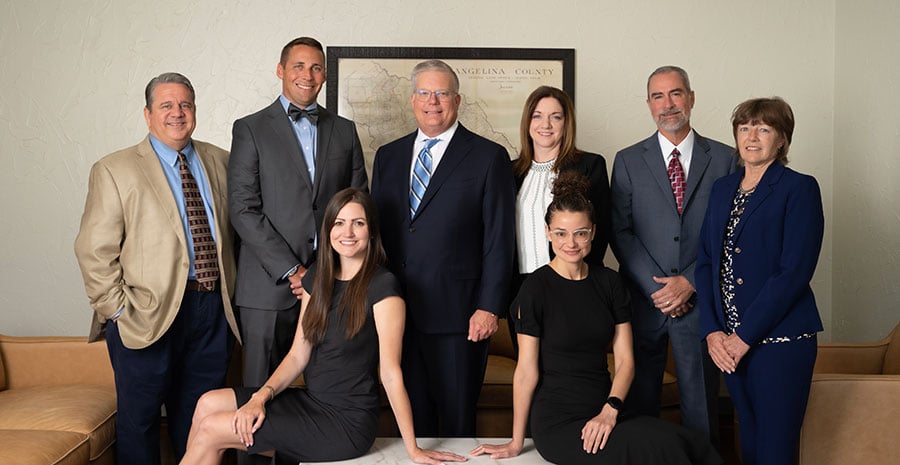When you begin estate planning, one of the first decisions you may need to make is whether you want to use a will or a revocable living trust. Both documents allow you to plan how you want your wealth distributed after you die, but they work in different ways.
Neither document is inherently better than the other, but one may be better than the other for your unique situation. Understanding the differences between the two documents can help you make an informed decision.
Wills are often simpler than trusts
Many people have a general understanding of wills based on fictional books, movies or TV shows. However, these sources often lead to a fragmented understanding of this important document.
If you choose to use a will, you can select someone called an executor to manage your final affairs. You can also make decisions such as who should receive your assets when you die and who should become the guardian for your minor children.
After you pass away, the executor will complete many tasks on your behalf. These tasks include filing your will in probate court and distributing your assets to your beneficiaries according to your will.
Assets in revocable trusts avoid probate
There are many different types of trusts. However, a revocable trust, also referred to as a living trust, is a popular type of trust because of its many advantages.
A revocable trust is created during your lifetime. It can be altered or revoked at any time while you are still alive. If you choose to create a trust, you can transfer assets to the trust and select a trustee. You can serve as trustee of the trust while you are still living, and you can name a successor trustee to manage things upon your death. The trustee will manage those assets on behalf of you and your beneficiaries according to the provisions of the trust.
A benefit of a revocable trust is that you can choose yourself as the trustee. This means that you can manage the assets in the trust in much the same way you did before you added them to the trust.
Revocable trusts can also be beneficial in blended family situations. Revocable trusts are often favored in blended families because spouses can choose to establish a revocable trust that becomes irrevocable upon the death of one spouse. This ensures that the ultimate distribution of assets will not change after the first spouse dies.
Also, revocable trusts are often particularly appealing to individuals who may own real estate in another state or country. Creation of the trust can help the family avoid having to institute multiple probate proceedings in different states or countries when the individual dies.
Assets in your revocable trust will avoid probate. Probate can be time-consuming and is part of public record. Avoiding this process can keep your assets and beneficiaries private. It can also help ensure your assets are distributed in the time frame you choose.
Sometimes both documents may be appropriate
Unfortunately, to avoid probate, you must transfer ownership of your items to the trust, which can be tedious. Items that are intentionally or unintentionally left out of your trust will not avoid probate or be distributed according to the provisions of your trust.
However, you may use a will to distribute those assets into your trust after your death. People often consider this type of will, called a “pour-over will,” as a backup plan. This is because items that transfer to your trust via a pour-over will must still go through probate.
Every person’s situation and estate planning goals are different. The right estate planning documents for one person may not be as good for someone else. However, when you understand your options, you can select the document or documents that will best meet your needs.


